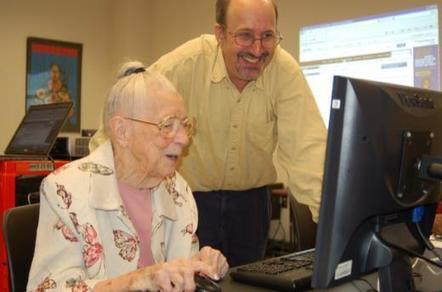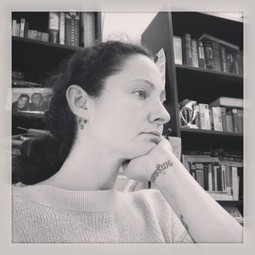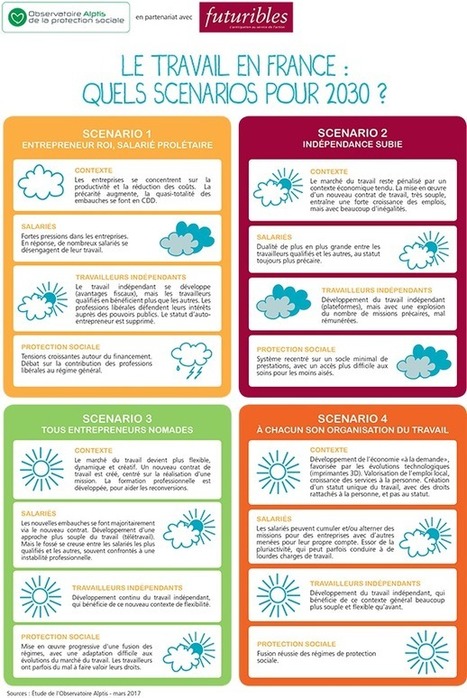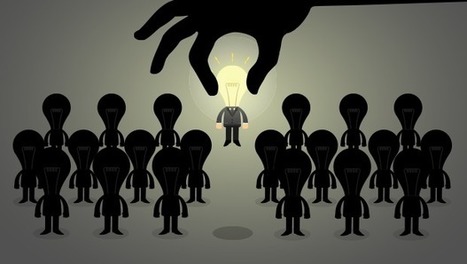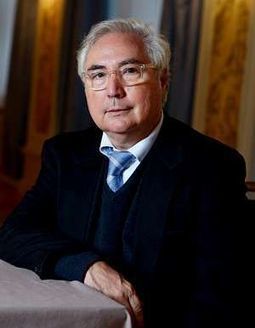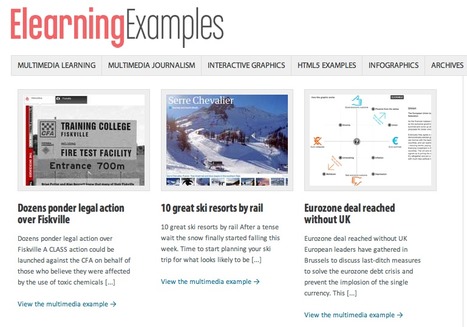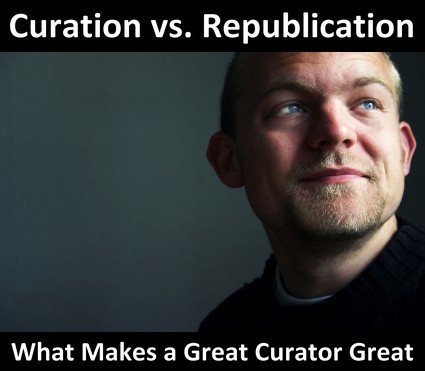This piece was brilliantly written by my fellow curator, Robin Good.
Sorry my commentary is so long but this was so thought provoking, I just couldn't help myself:-)
The headline draws you in and the material more than delivers on that promise. What makes a great curator is clearly demonstrated in this piece. Bravo Robin!
I'm not going to repost what Robin has said but add my own comments, just as if I were in a conversation with him.
In Robin's own words - A great curator does the following:
"Optimizes, Edits, Formats, Selects, Excerpts, Writes, Classifies, Links, Personalizes, Vets, Credits, Filters, Taps, Suggests, Searches, Scouts, Hacks Filters and Searches, Is Transparent, Recommends, Crowdsources"
As you read this article, pay attention to how he has done all the above. He creates a standard, he gives you some criteria so you can understand what makes someone great and what makes someone no so great.
****He is responding to an article he read in Forbes about curation which talks about the importance of keywords. Robin stresses the importance of "human curation" adding your personal touch and bringing added value to what you're curating and not trying to fit what you're saying into keywords that will draw traffic from the search engines.
These are my comments..........
**** Curation is new and is evolving. Water rises to its own level. The people who know why they're curating, who their audience is, how they consume information and what they need, and then act on this, will become great trusted sources.
Some people just want information. Others want to engage by adding comments or another layer of context. There's a rhythm to this and it takes time to find the right balance.
I think a great curator is a good listener and a keen observer who selects content that "speaks to the audience's listening". Paying attention to this and fine tuning your approach takes a lot of work but it's worth it. I'm inserting a direct quote from Robin:
"One point: I believe that curators, as I see them, should rarely if ever be driven by analytics data or statistics but to their personal experience and viewpoint. Their goal is not in fact to go after the broadest and most numerous audience but have the humbleness and vision to serve a very specific need and tribe."
If you're passionate and knowledgable about the topic you're curating, and you are committed to serving your readers, you will be great.
In business you have to have a unique sales proposition. Adding context to what you curate will set you apart from others and make you great. This is your place to contribute something new, perhaps you disagree with what was said and you bring a new perspective. Anything you can do to expand the piece and add dimension to it is valuable to others.
Robin produced this video in 2009 with Gerd Leonhard, a highly respected media futurist. It is excellent. The title speaks for itself: "The Relevance Of Context In Content Curation" http://www.youtube.com/watch?v=lDo6YrJKaoM.
There is also another piece "Context Not Content is King" by Arnold Waldstein I posted this some time ago. It is very relevant today and hopefully sheds more light on what will set you apart from people who are just aggregating links.
Last but not least......
Robin also has a view point and invites us into a conversation when he discusses the scoring system which you will see when you read the article. It makes me want to respond, it's a two way dialogue between him and me, he's not just talking at me by reposting content without adding anything else.
I happen to agree with him about this but that's a whole other discussion.
Curated by JanLGordon covering "Content Curation, Social Media and Beyond"
This is only a taster. To see the full article by a true master-curator at the top of his game, click here
Via
janlgordon



 Your new post is loading...
Your new post is loading...

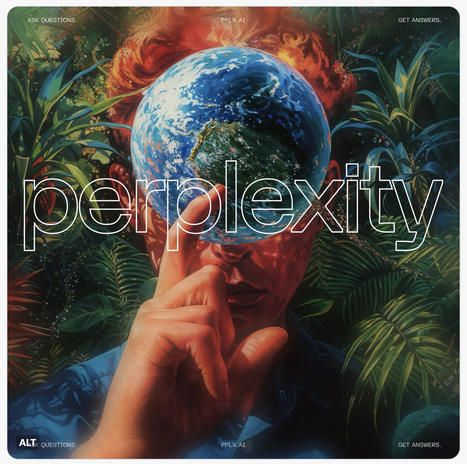




![[#Tech:] Why is #Docker the #new #craze in #virtualization and #CloudComputing | Opensource.com | # ! #Know #IT | E-Learning-Inclusivo (Mashup) | Scoop.it](https://img.scoop.it/5z2FZnJPdApcXZ-Da4LL5jl72eJkfbmt4t8yenImKBVvK0kTmF0xjctABnaLJIm9)
